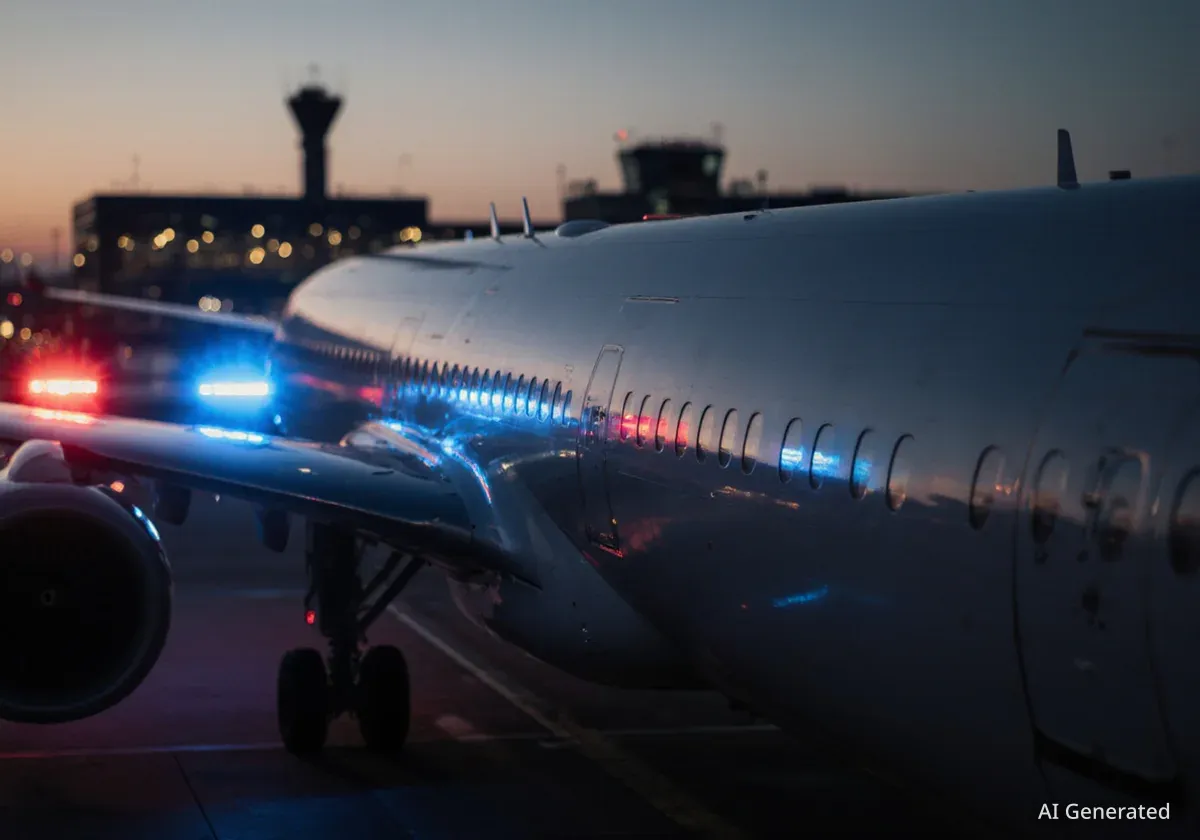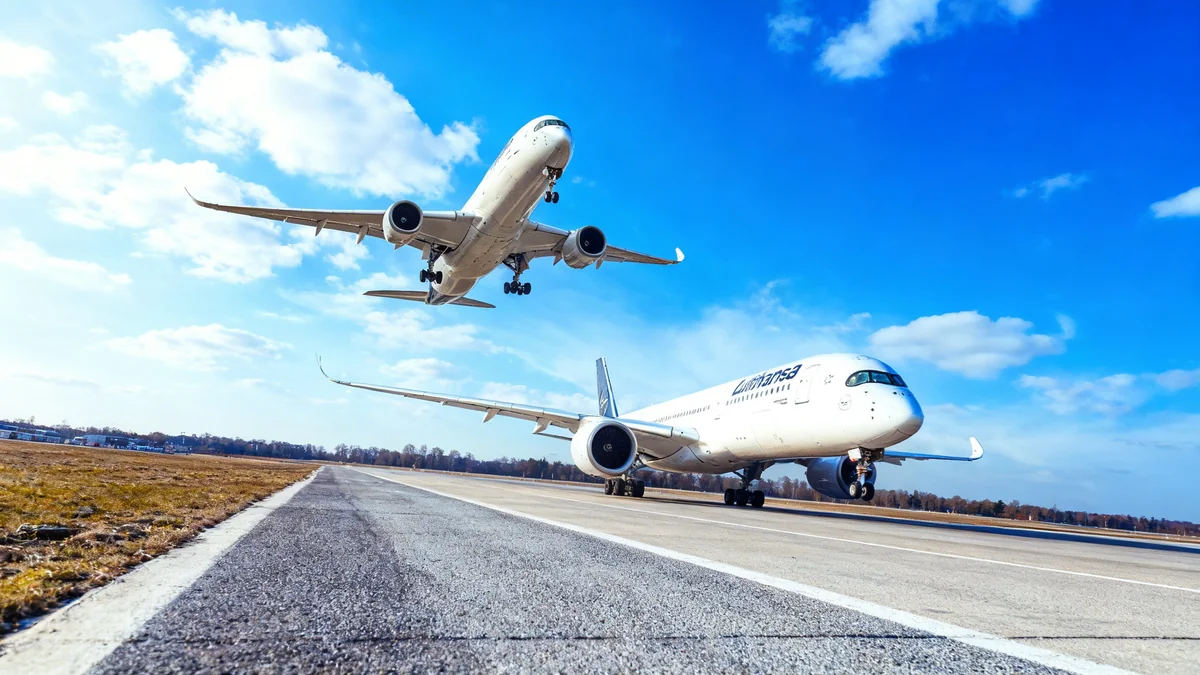Delta Air Lines is preparing for a significant expansion of its flight network in Asia, with internal plans revealing new and returning routes to Manila and Singapore. The strategy also includes a substantial increase in service to Seoul, marking a renewed focus on the region for the Atlanta-based carrier.
Key Takeaways
- Delta plans to resume flights to Manila, Philippines (MNL) and Singapore (SIN).
- The airline intends to add new flights to Seoul, South Korea (ICN) from New York (JFK) and Los Angeles (LAX).
- This expansion is contingent on the delivery of new Airbus A350 aircraft.
- The move signals Delta's intent to compete more aggressively with rivals like United Airlines in the Asian market.
Return to Key Southeast Asian Markets
Delta is setting the stage to reconnect its network with two major hubs in Southeast Asia: Manila and Singapore. The airline has not operated its own flights to these destinations since scaling back its former hub at Tokyo-Narita (NRT).
In recent years, travelers on Delta heading to these cities have been routed through Seoul's Incheon International Airport (ICN) via the airline's joint venture partner, Korean Air. The reintroduction of direct Delta-operated flights would represent a major strategic shift, offering passengers more direct travel options.
Potential US Gateways
While the specific US departure cities for the new Manila and Singapore routes have not been confirmed, industry observers point to two likely candidates. Seattle (SEA) has served as Delta's primary trans-Pacific gateway for new Asian routes in recent years.
However, Los Angeles (LAX) is also a strong contender, especially following the carrier's recently announced service to Hong Kong (HKG) from the Southern California hub. The final decision will likely depend on aircraft availability and market demand analysis.
A Strategic Shift from Partner Reliance
For years, Delta's Asia strategy has heavily relied on its partnership with Korean Air. By funneling passengers through the Seoul mega-hub, Delta could offer extensive connectivity across Asia. This new plan suggests a hybrid approach, combining the strength of the partnership with the value of its own direct, long-haul routes to high-demand destinations.
Strengthening the Seoul Connection
Alongside the new destinations, Delta is doubling down on its most critical Asian hub. The expansion plans include adding more flights to Seoul (ICN) from both New York (JFK) and Los Angeles (LAX).
The addition of a New York-Seoul route is particularly noteworthy. Currently, Delta does not operate any of its own flights from its JFK hub to Asia, making this a significant network development. This new service would provide East Coast travelers with a direct link into the extensive Korean Air network accessible from Seoul.
Increasing capacity from Los Angeles further solidifies the importance of the West Coast in Delta's trans-Pacific strategy, offering more frequent service and better connection opportunities for travelers.
The Crucial Role of the Airbus A350
This entire expansion hinges on one critical factor: aircraft deliveries. The long-haul flights to Asia are planned to be operated by Delta's flagship aircraft, the Airbus A350. The airline is awaiting a significant number of these jets to facilitate its growth plans.
Delta's Airbus A350 Order Book
Delta currently has a substantial order with Airbus for its modern, fuel-efficient widebody jets. The pending deliveries include:
- 6 Airbus A350-900 aircraft
- 20 Airbus A350-1000 aircraft
The timing of the new Asian routes will be directly tied to the schedule of these deliveries.
The A350 is well-suited for these ultra-long-haul missions, offering improved fuel efficiency and a superior passenger experience with cabins that include Delta One Suites, Premium Select, Comfort+, and Main Cabin.
Navigating a Competitive Landscape
Delta's planned expansion comes as its primary competitor, United Airlines, has been aggressively growing its own trans-Pacific network. United has launched numerous new routes to Asia and the South Pacific, positioning itself as the dominant U.S. carrier in the region post-pandemic.
This move by Delta appears to be a direct response, signaling that the airline is not ceding ground in this lucrative market. The strategy aligns with other recent international expansions, including the return to Hong Kong and a new route from Atlanta (ATL) to Riyadh, Saudi Arabia (RUH), scheduled to launch next year.
When contacted for confirmation, a spokesperson for Delta Air Lines declined to comment on the internal plans for future routes.
For travelers, this increased competition is welcome news. The addition of new flights and more capacity on existing routes could lead to more competitive pricing and a wider range of travel options. As Delta begins to receive its new A350s, travelers can expect more official announcements detailing the launch dates and schedules for this ambitious Asian expansion.





